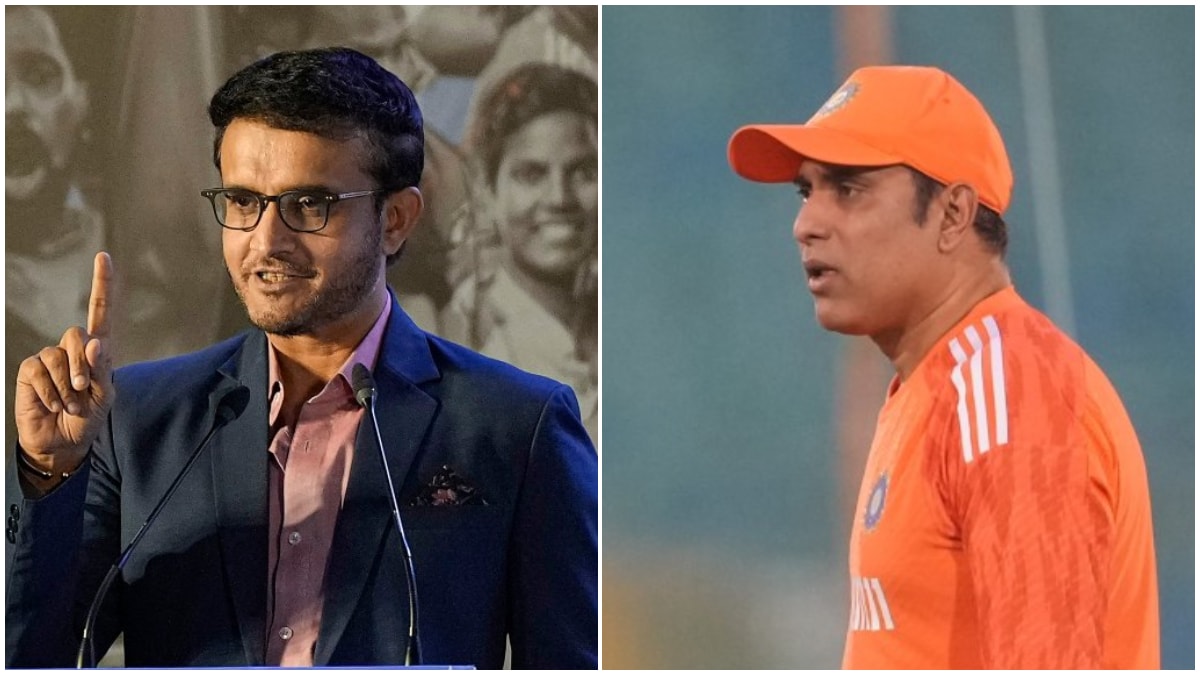

Sourav Ganguly has recently opened up about a past disagreement with VVS Laxman, revealing that the stylish batsman had stopped talking to him for three months after being excluded from India's squad for the 2003 ODI World Cup.
Ganguly, who was the captain at the time, admitted that the decision to favor Dinesh Mongia, an all-rounder, over Laxman, caused a significant rift between the two teammates. This decision was particularly controversial, as Laxman, despite his impressive record in Test cricket, had never played in a World Cup match.
"It has happened many times when we rested players. They were unhappy. Laxman being left out of the World Cup...he never spoke to me for three months. Then I made up with him," Ganguly told PTI, acknowledging the hurt that the decision caused. "Anybody would get upset... especially a player of Laxman's calibre. Quite natural that he would be hurt."
The former captain further explained that the choice was not personal. He emphasized that after India finished as runners-up in the World Cup, Laxman returned to the ODI system and performed exceptionally well. He played outstanding series in Pakistan and Australia. Ganguly noted that their victory in Pakistan for the first time was largely due to Laxman's instrumental performance, and that Laxman understood the decision was not personal.
The exclusion of VVS Laxman from the 2003 World Cup squad had been a topic of discussion for years. Last year, Kiran More, who was the chairman of the selection committee at the time, revealed that all five selectors had initially backed Laxman's inclusion. However, Ganguly and then-head coach John Wright held a different view, preferring an all-rounder in the squad. More recounted a "huge argument" during the selection meeting, which took place while the Indian team was in New Zealand. He explained that while the selectors initially chose a 14-member squad with Laxman, Ganguly wanted an all-rounder. More stated that Ganguly was very smart and had a great cricketing brain, emphasizing the need for an all-rounder. Eventually, after discussions involving the captain, coach, and vice-captain Rahul Dravid, the selectors conceded to their request.
Despite the controversy, Laxman made a strong comeback to the ODI team after the World Cup. He proved his value in subsequent series, reinforcing his status as a key player for India. This comeback and the eventual reconciliation between Ganguly and Laxman highlight the ability of professional athletes to move past disagreements and focus on their shared goals.
The incident serves as a reminder of the tough decisions that team management often faces, especially during major tournaments like the World Cup. While individual talent and performance are crucial, team composition and balance also play a significant role in achieving success. For Laxman, despite a stellar career, the 2003 World Cup exclusion remained a significant setback, but it did not define his legacy as one of India's finest batsmen.